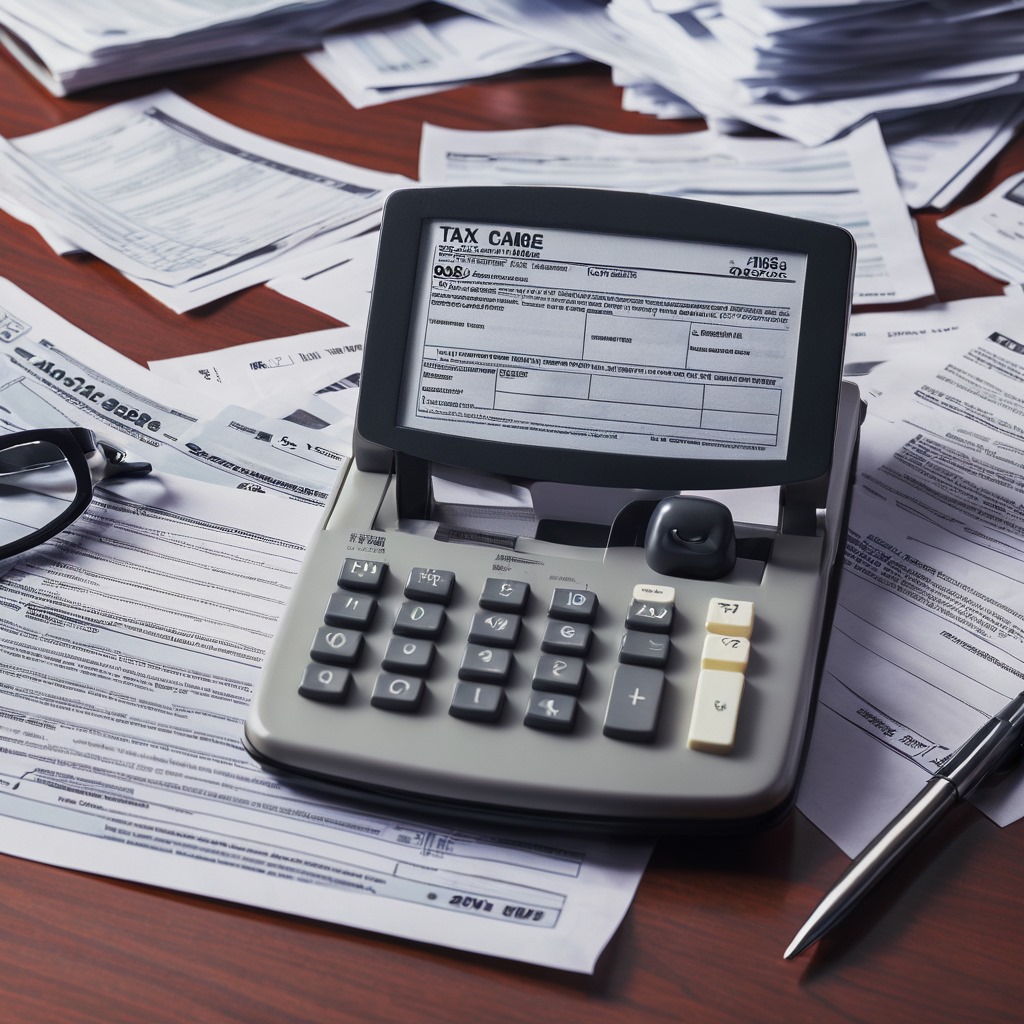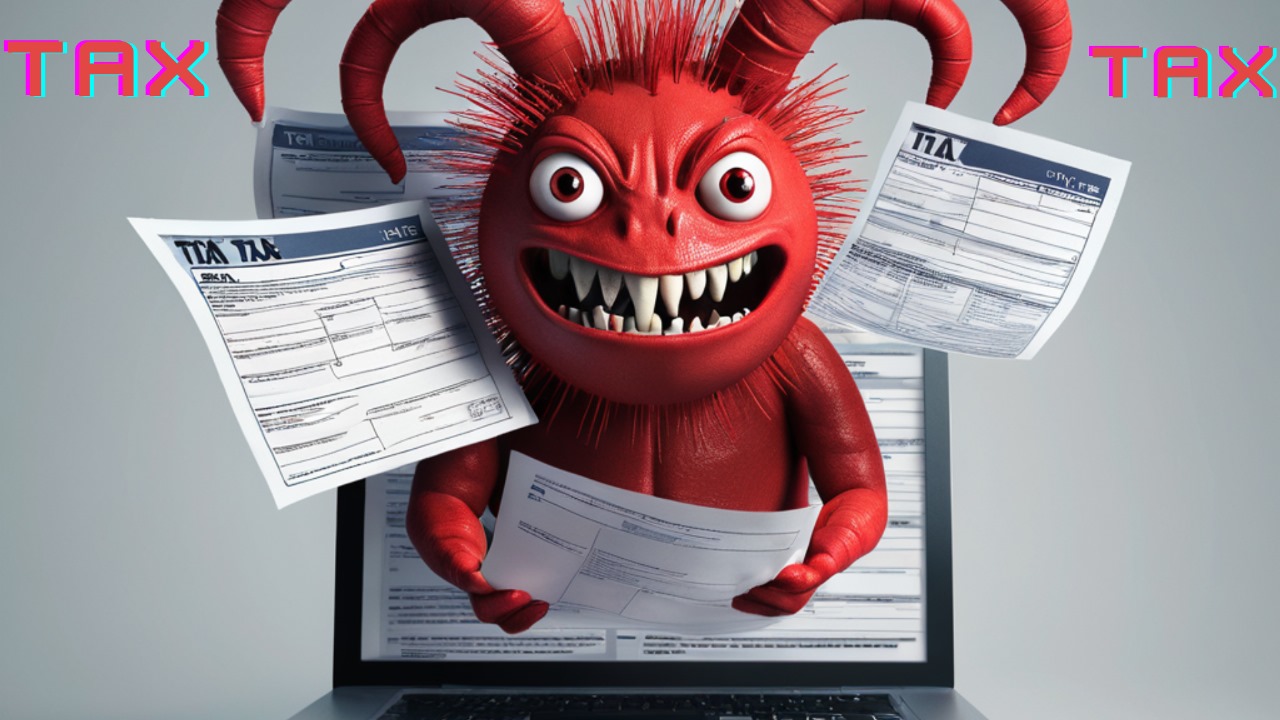Summary.
As tax season approaches a lot of us utilize digital tools like desktop and mobile apps to simplify tax preparation and filing. However as more people use the internet cybercriminals have more opportunities as well. Malware and fraudulent tax applications are becoming a bigger threat putting personal data and financial security at danger. Taxpayers must be aware of these risks and know how to safely manage them. This article offers detailed guidance on staying safe this tax season as well as an in-depth examination of these cyberattacks.
Acknowledging the Risk: Tax App Phishing and Malware.
These days when people prioritize digital convenience over all else cybercriminals prey on people’s trust in desktop and mobile apps. These days scammers often use fake tax applications that mimic legitimate tax preparation software. By stealing personal information and infecting devices with malware these applications have the potential to further compromise security and privacy. How to Utilize a Phallic Tax Application. Hackers create false apps that look like genuine tax software from respectable businesses giving consumers the idea that they are using a genuine and safe product.
Distribution Channels: Authentic apps are easily found on official app stores and come with real customer support. In contrast phony apps usually get onto devices through less secure channels. Direct downloads from websites links shared via email or social media and third-party app stores are included in these. After they are installed these malicious apps can perform a variety of evil deeds like accessing other personal information that is saved on the device and stealing credit card numbers that are input.

The Risks of Malware During Tax Season.
During tax season malware presents a significant additional risk. This malicious software can infiltrate systems through legitimate tax software downloads or compromised tax-related documents. kinds of malware to be mindful of.
Ransomware: This type of malware encrypts a victims data or prevents them from accessing the system at all then demands a ransom to be unlocked. Spyware: Often installed covertly spyware secretly collects personal information and secretly logs user activities.
Trojans: These are harmful programs that impersonate reliable programs. They can perform malicious tasks like erasing files stealing data or opening a backdoor that hackers can access once theyve been installed. measures taken in advance to guarantee your security. In order to protect your computer system from these sophisticated attacks you must take proactive measures to secure it.
Here are some tips for staying safe:
Applications must always be downloaded from reputable app stores or the official developer website.
Keep Up-to-Date Security Software: Updating your antivirus and anti-malware software is one of the most crucial steps you can take to safeguard yourself against fresh malware strains and attacks.
Avoid Questionable Emails and Links: Be cautious when responding to emails or messages that ask you to act right away or that provide links to tax software. Especially during tax season phishing scams are prevalent.
Verify Digital Certificates: Prior to installing any software especially if it has anything to do with filing taxes make sure it has a valid digital certificate. This certificate confirms the legitimacy of the publisher.
Employ Strong Distinct Passwords: To improve account security make sure every online account you have is secured by a strong unique password. Consider using a password manager to effectively manage your passwords.
Keeping an eye on Accounts: Be alert for any strange activity in your bank accounts. Additional damage can be prevented with an early diagnosis.
Educate Others and Yourself: Keep abreast of the most recent developments in cybersecurity threats and defense techniques. Informing family and friends about this information can also help to protect the community.
Protect Your Network: Use a secure Wi-Fi network when doing any financial transactions including filing taxes. If you are compelled to use public Wi-Fi use a virtual private network (VPN) to the encrypt online traffic.
In Conclusion:
To sum up. While filing taxes digitally is more convenient there is a greater chance that cybercriminals will take advantage of the season. Strong cybersecurity procedures and awareness of the risks posed by malware and fraudulent tax applications will help you protect your financial assets and personal data. Dont limit your attention to your cyber health to tax season stay vigilant at all times inquire about any unusual activity and give it your highest priority. You can contribute to the ensuring security and safety of your tax filing process by adopting this preventative action.

Leave a Reply